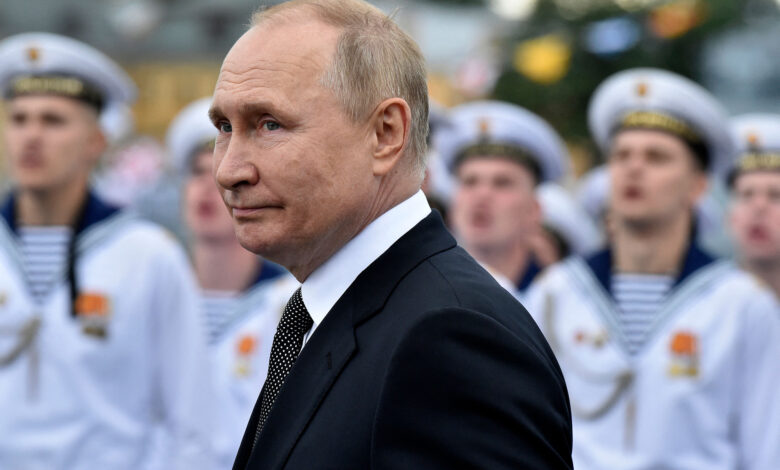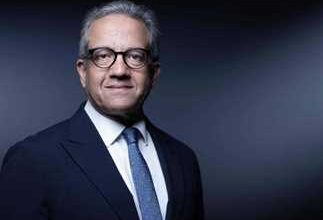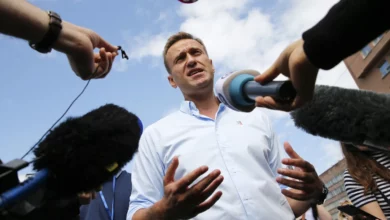
They’ve been dismissed as a “sham” by Western nations and leaders, but Russia is pressing ahead with its referendum votes by annexing four occupied Ukrainian territories at a ceremony Friday.
Illegal “votes” mean the polls are contrary to international law, yet there are concerns that Russian President Vladimir Putin will use the annexation as a way to frame the ongoing Ukrainian counteroffensive as an attack on Russia itself and escalate the war.
According to former US ambassador Kurt Volker, Putin will use the annexation to maneuver Russia’s future, more aggressive, strategy as one of self-defense.
“He’s [Putin’s] trying to create a situation in which he claims that now that they are an integral part of Russian territory, he’s engaging in self defense by defending these territories, and therefore also implying that maybe he’ll use nuclear weapons in self defense, which is part of their doctrine,” Volker told CNN.
“I think this is a stretch, after stretch, after stretch, and even his own military and own elites probably don’t believe it, but it is what he’s trying to orchestrate.”
Though US officials have not seen indications Russia is planning to use nuclear weapons in the near term, they are more concerned about the possibility now than they were six or seven months ago, one official confirmed to CNN this week.
Volker himself is skeptical nuclear weapons would ever be used, given the “devastating” consequences the Russian military would face in response.
Russia never expected the occupied territories referendum to be accepted by the global community, according to the director general of the Russian International Affairs Council.
Andrey Kortunov believes that, given the similar international response to the Crimea referendum in 2014, Moscow is instead looking inwards to generate a positive response from the Russian population and validate their continuation of the conflict.
“Even closest partners and allies of Russia were hesitant to recognize the change of the legal status of Crimea,” Kortunov told CNN.
“I suspect that his [Putin’s] major goal would be to get some kind of recognition from his domestic audience. It’s not clear whether the Russians are that eager to see the territory of the country expanded under the circumstances, because of course, the price they have to pay for that is pretty high.
“But I can imagine that in the Kremlin, they count on the patriotic feelings of the Russian population, and they believe that this acceptance of new regions into the Russian Federation would help the leadership to maintain a high approval rating, and also to make the society accept the costs associated with the special military operation.”




